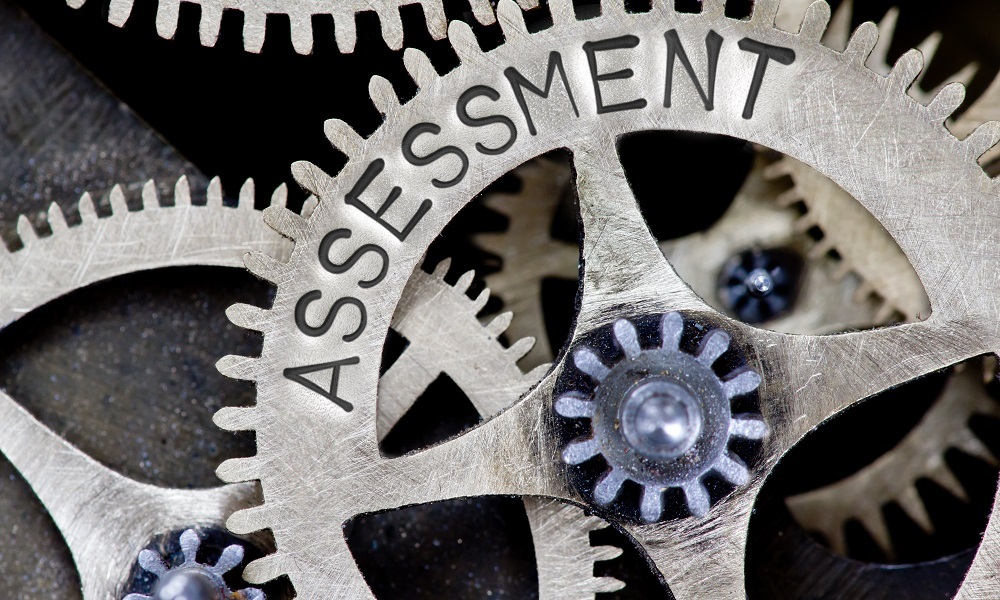Welcome to this edition of Researching education: 5 further readings. In this series, we take a look at some further readings available on a particular topic, including open access research papers from various online databases, and Teacher archive content you might not have come across yet.
In this edition of Researching education: 5 further readings, we’re sharing 5 pieces of content on the topic of assessment from researchers in Australia and from overseas. In the resources below, you can read research into the state of assessment literacy of teachers across the globe, and a paper on early years educators’ use of phonological awareness assessment practices.
- Accommodating diversity in assessment: A snapshot of practice in 2022. The New Zealand Council for Educational Research undertook research for the Ministry of Education in 2022 to analyse the current application of Special Assessment Conditions (SAC) in the country’s National Certificates of Educational Achievement. In this report, they detail their findings – including that there are areas of concern about the inclusiveness of the SAC model – and their recommendations, such as introducing text-to-speech assistive technology in all digital assessments.
- Acquisition of teacher assessment literacy by pre-service teachers: A review of practices and program designs. In response to research showing that pre-service teachers in Australia, the United States, Europe, Hong Kong, the Philippines, Indonesia and Myanmar, have relatively low levels of assessment literacy, this paper presents a framework to guide pre-service curriculum teachers in this area. The research team share the findings of a literature review of assessment programs and a discussion of the framework they developed.
- Developing a Teachers’ Assessment Literacy and Design Competence Framework. This publication from the Australian Council for Educational Research (ACER) study shares the project they undertook to develop an assessment literacy and design competency framework for use across IB programmes and professional learning resources. The project took place between 2020 and 2021 and included a literature review and consultation with IB senior staff, subject and curriculum managers and assessment experts. In their report, the research team elaborate on their key findings in relation to the seven elements of assessment literacy: assessment knowledge and skills, formative assessment, assessment identity, professional development, school environment, engagement of learners and integrating digital assessment.
- Teachers’ phonological awareness assessment practices, self-reported knowledge and actual knowledge: The challenge of assessing what you may know less about. This paper, published in 2018, explores the phonological awareness assessment practices utilised by early childhood and early years’ primary school teachers. The research involved a survey of early childhood and early years’ primary teachers and the findings also show the differences between the educators’ self-reported phonological awareness and their actual phonological awareness. ‘Increasing early childhood and early years’ primary teachers’ knowledge of phonological awareness and improving their self-appraisal skills is critical for high-quality teacher phonological awareness assessment practices, and it illustrates the need for robust pre- and in-service teacher training.’
- Developing and Validating a Tool to Assess Young Children’s Early Literacy Engagement. This 2021 paper also focuses on the early years, and examines the Early Literacy Engagement Assessment, which the authors say ‘was developed to provide insights into the impact of Conversational Reading, a key pedagogical strategy implemented at Families as First Teachers playgroups, on young children’s early receptive and expressive vocabulary and literacy skills.’ The report shares findings from a trial of the tool, which reveal it is a useful tool for the assessment of expressive and receptive vocabulary skills in young children.
If you’re looking for more content on assessment, the topic of last year’s Research Conference, convened by the Australian Council for Educational Research (ACER), was Reimagining Assessment. You can access the full conference proceedings here.
Some of the resources featured in this article can be found through Cunningham Library Catalogue and EdResearch Online. At the links below, you can search for more resources on the topic of assessment in these 2 online databases.
- Assessment: Cunningham Library Catalogue
- Assessment: EdResearch Online
You can also browse other education topics at this page.
The Cunningham Library membership is open to individuals, schools and organisations. Membership includes access to a comprehensive collection of education research literature; weekday alerts to a selection of Australian education news; fast supply of articles and books from the collection; support in finding research; and an integrated online search tool that works across all our resources.
To become a library member, visit the website.



